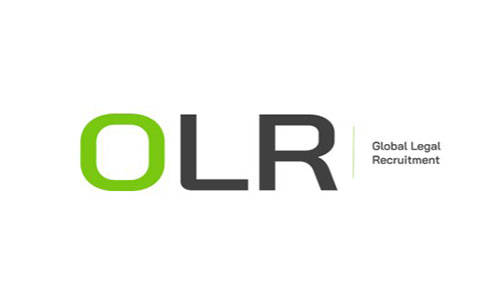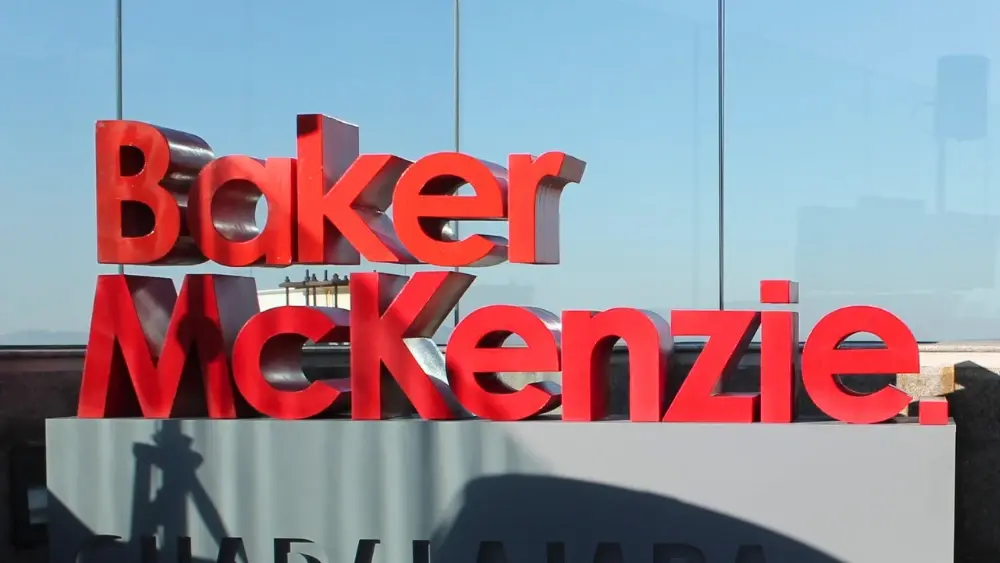Litigation funder launches judicial review over £200m Mastercard settlement

Innsworth Capital has launched judicial review proceedings over the CAT’s distribution of the £200 million Merricks v Mastercard settlement.
The challenge adds to the fallout from the case which even saw Innsworth start proceedings against class representative Merricks.
Litigation funder Innsworth has started judicial review proceedings over the Competition Appeal Tribunal’s (CAT) distribution of the £200 million settlement in the landmark Merricks v Mastercard case.
Innsworth, which backed class representative Walter Merricks in the opt-out class action, very publicly slammed the £200 million settlement when it was first announced - a long way off the original £14 billion headline figure.
The funder has now dropped its complaint about the total settlement amount. Its judicial review instead targets the way the CAT chose to distribute the money, arguing that its return on investment has been unfairly capped.
The complaint
The CAT’s decision in May split the £200 million settlement into three "pots". £100 million was allocated to class members, while £46 million was set aside for Innsworth’s costs.
The final pot, containing the remaining £54 million, was divided between the funder's return and a potential donation to the Access to Justice Foundation (ATJF), with the surplus going to class members if take-up exceeds 5%.
Focusing on the third pot, Innsworth says the tribunal made errors of law in misapplying Australian case law, and that it ignored the terms of its funding agreement. It insists the £30 million "windfall" earmarked for ATJF should instead be redirected to Innsworth to compensate it for the financial risk it took on.
Bigger picture
The new challenge adds to the messy fallout from the case, which even saw Innsworth start arbitration proceedings against Merricks over his decision to settle, with Mastercard (who Merricks was suing of course) agreeing to give him up to £10 million to cover his defence.
Join 10,000+ City law professionals who start their day with our newsletter.
The essential read for commercially aware lawyers.







